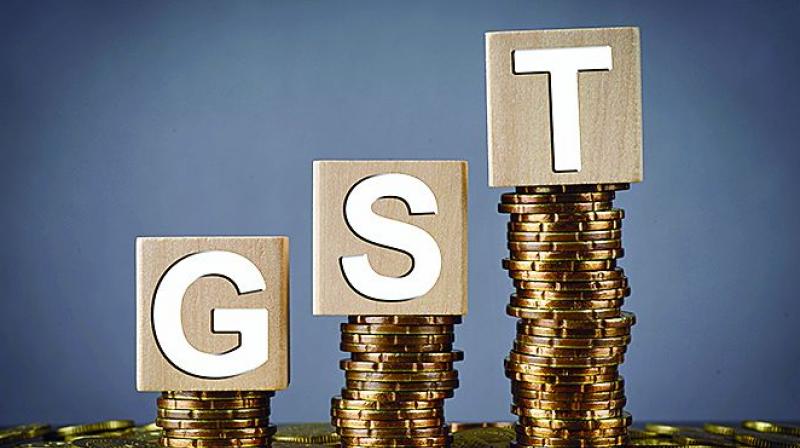GST to boost job market

With the implementation of GST, spectacular employment opportunities will be available within the country and abroad. It has been forecasted that by July 2018 GST will create 1.3 million jobs in India.
Banking, finance, insurance and taxation sectors will provide more employment opportunities. FMCG, consumer goods, pharmaceuticals, real estate and automobile industries will exhibit increased hiring rate. There will be an increased demand for IT professionals. Implementation of GST will also fuel huge demand for semi-skilled workers in the country.
Meanwhile, a number of new employees will be hired over the next few months in the UAE and the rest of the Gulf Cooperation Council region as companies prepare for the implementation of value-added tax (VAT). The demand for accounting, finance and tax executives, as well as information technology professionals, is only expected to grow as the VAT rollout draws closer.
In India, VAT and SGST are source-based indirect taxes. This means regardless of the destination of goods, the taxation is based on the state in which the goods originated. GST fundamentally changes this by shifting to destination-based taxation. For foreign entities, this has a profound impact as now those organisations are directly subject to GST, specifically Integrated GST (IGST), which governs the taxation of all goods and services that cross India state borders, including international shipments.
The destination-based nature of GST flips the indirect taxation of imports and exports. Exports out of India under GST are now zero-rated — no tax is payable and input tax credits are claimable. However, imports under GST are taxable, at the same rate as goods and services supplied from another Indian state, as IGST.
(The writer is an educational and career consultant)

